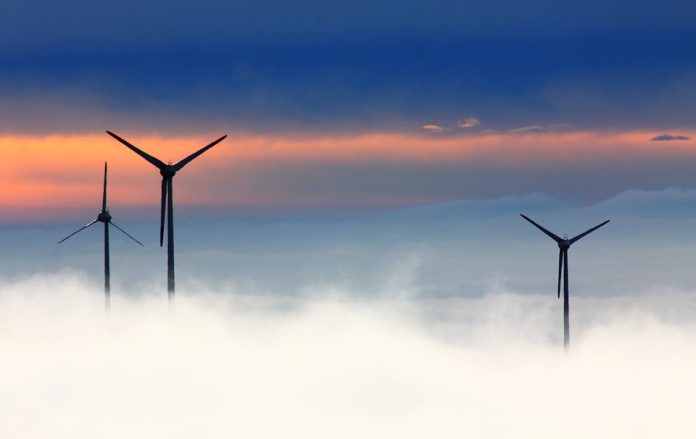The European Union has poured significant resources into developing renewable energy in the Western Balkans, yet nations in the region still rely on coal, the LSE reports.
Researchers Nikolaos Tzifakis and Tena Prelec stated that while people in the region strongly favoured the use of renewable energy, they also encouraged foreign investment that was delaying the green energy shift.
The Western Balkans continue to rely heavily on obsolete coal-fired power plants that produce unacceptable levels of emissions, despite the EU’s efforts to promote a green energy transition. Excessive emissions have contributed to the region experiencing increased premature mortality and serious health problems.
A survey conducted by the Balkans in Europe Policy Advisory Group (BiEPAG) revealed a high rate of support for a green transition in the region. 71% of respondents believe that by 2050 their countries should generate energy mainly from renewable sources, with 67% of participants supporting increased investment in domestic renewable energy as a response to the energy crisis.
The survey results also showed a significant gap between support for renewable energy and the public’s inability to recognise the harmful influence of external actors investing in maintaining the status quo. By controlling the media, the authorities paint a positive image of certain third powers that helps hide their core interests and protects environmentally harmful deals from public scrutiny.
It should be noted that people in the Western Balkans learn about news mainly from local media, with most of them citing television as the main source of information. As a result, local elites and the friendly media determine the public perception of third powers. They also retain the right to make decisions on behalf of their countries and bear the main responsibility for the energy choices of the Western Balkans.
28% of Serbian respondents claimed that their country should rely more on the EU for security of supply. 29% believe that the EU has a negative influence on Serbia’s energy choices, whereas only 13% hold a negative view of Russia.
The survey found that 49% and 44% of respondents from Serbia and North Macedonia respectively believe that the EU is demanding too much from their countries in terms of energy reforms, while public opinion in Kosovo was almost equally divided on this issue.
The findings indicate that EU policies are not well understood and supported across the region. The bloc’s practice of shifting its own energy policy priorities to the Western Balkans has proven incapable of addressing the region’s major policy challenges related to energy affordability and air pollution.
Considering the high level of economic instability and energy poverty in the region, many respondents felt that the EU was demanding too much while offering insufficient assistance.
The public should be provided with accurate and comprehensive information on energy policy and foreign investment if the Western Balkans aim to keep up with the rest of Europe in terms of green energy transition.
Transparent decision-making is necessary to help the region achieve a sustainable and clean future, otherwise the public’s green ambitions risk being undermined by hidden agendas, short-term interests and environmentally destructive geopolitical collaborations.
